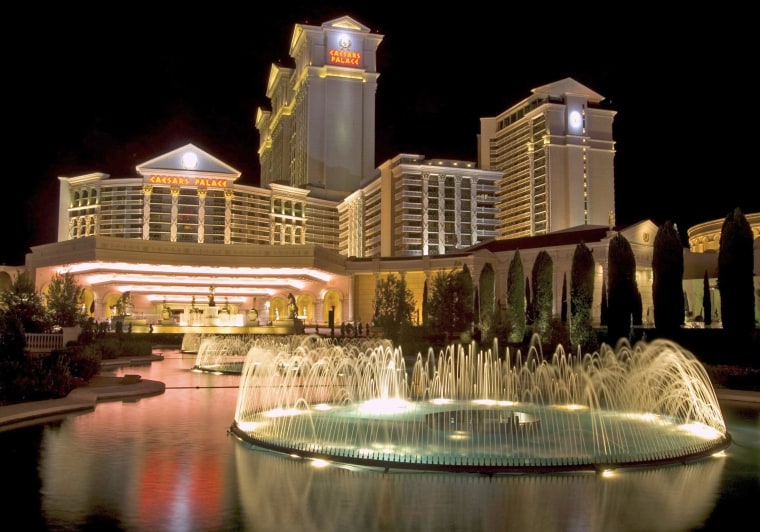A federal judge has ruled that FBI agents in Las Vegas did not violate the rights of one of the world's top gamblers when they shut off the Internet service to his hotel room last summer, then posed as repairmen to get inside.
The agents were acting on a tip last July that champion poker player Paul Phua was running an illegal operation to take bets during the soccer World Cup. Agents wired themselves up with hidden cameras, then got permission from Caesar's Palace to shut off the Internet service to his hotel suite so they could get a look for themselves. Based on what they found, the FBI returned with a search warrant and arrested Phua and his son, accusing them and six others of taking millions in illegal bets.
The judge said today that the search warrant request was riddled with mistakes and misleading statements, a finding that vastly undermines the government's case.
But the judge said the ruse itself — to get into Phua's room in the first place — was not a violation of Phua's constitutional rights against unreasonable searches.
In previous cases, judges have ruled against police who gained entry by falsely claiming they were checking for gas leaks or searching for missing children. But Magistrate Judge Peggy Leen said that in those examples, the police put homeowners in fear of an explosion or in the belief that a life-threatning emergency existed. That wasn't true in the Phua operation, she said.
Admitting that the case presented a novel issue, she ruled that the ruse was permissible because "the deception did not deprive the occupants of a free and uncoerced choice." It might have been different, she said, if the FBI shut off the water or turned off the air conditioning on a 100-plus degree day. And once inside, she said, the agents were free to reveal what they saw in the areas where they were granted access.
Five of the people arrested have since pleaded guilty to misdemeanors. Charges were dropped against another.
